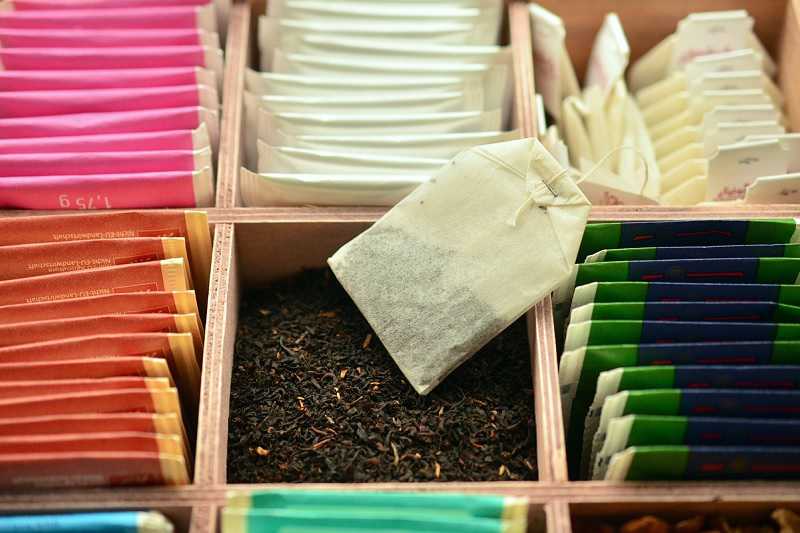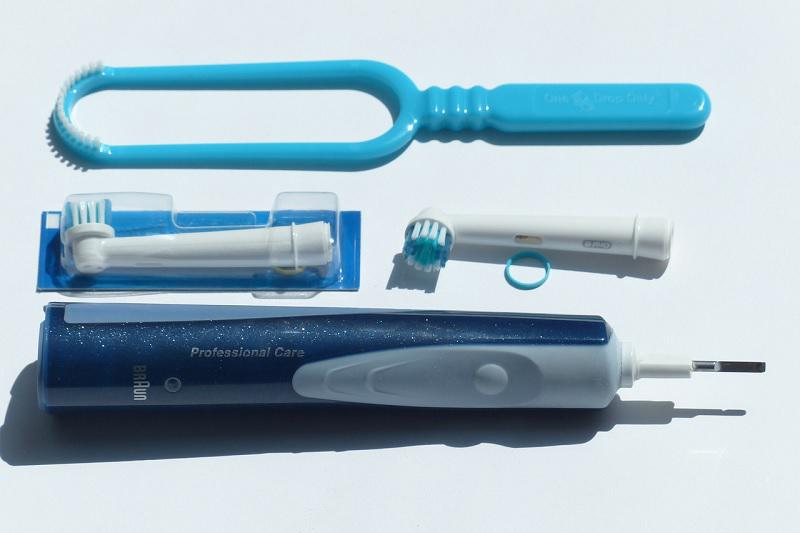For years, plastic seemed like the perfect material.
Cheap to produce and easy to make into almost anything, humans have produced an estimated 8.3 billion tons of plastic since the 1950s (source).
However, we are slowly realising the danger plastic is posing to our planet.
Roughly eight million tonnes of plastic waste ends up in our oceans every year, threatening marine life and allowing toxins to enter the food chain.
Despite our best recycling efforts, a huge amount of plastic also ends up in landfills, where it can take up to 1,000 years to degrade and may also contaminate our soil and water.
Eco-friendly consumers are starting to look for different materials where plastic has previously been used, and one of the most common alternatives is silicone.
Silicone products can now be found everywhere, from lunch boxes and cookware (such as baking sheets, muffin trays and utensils) to baby products, including bottle teats and drinking cups.
Silicone is ideal for kitchen items as it can be exposed to the extreme temperatures of ovens or freezers without damage.
But is silicone a true eco-friendly replacement to plastic, and can we recycle household items made from it?
What Is Silicone?
It’s important to understand that silicon and silicone are two very different things.
Silicon is a naturally occurring chemical element.
It’s rarely found in pure form and is commonly bound to other elements such as oxygen, and is commonly found on beaches in the form of sand.
Silicones are synthetic substances made of silicon, oxygen, and other elements such as carbon and hydrogen.
Silicones can resist moisture and stand up to extreme temperatures like glass, but they are also lightweight and able to be made into many different forms like plastics.
The combination of these properties makes them ideal for all kinds of kitchen and household products.
Is Silicone Eco-Friendly and Recyclable?
Silicon is a plentiful resource, but silicone is manufactured using petroleum and natural gas, and the methods of obtaining these hydrocarbons can have an environmental impact.
However, silicone is extremely durable and long-lasting, and if you look after silicone products such as lunchboxes and cookware properly, they should last a lot longer than plastic alternatives.
There’s no doubt that using products with a longer lifespan is much better for the environment in the long term.
What happens if you do need to dispose of an item made from silicone that might be damaged or no longer needed?
Silicone is a manmade substance and it’s not biodegradable, and because it’s more resistant to heat it may even take longer than plastic to breakdown naturally if it ends up in landfill.
Although silicone isn’t biodegradable, it can be recycled, but it’s currently quite difficult to find somewhere to recycle silicone products.
Local waste collection services don’t usually accept silicone for recycling, although you could contact them to find out if any recycling options are available.
Alternatively, you could try a scheme such as Terracycle’s Zero Waste Kitchen Box service.
This isn’t a cheap recycling option but you could always get together with a group of friends or work colleagues and share the cost of recycling your old silicone products.
Choosing Silicone Products
Silicone has a much lower chance of leaching harmful chemicals into food than plastic, but it’s still best to look for high quality, food grade silicone products which are non-toxic and don’t contain any chemical fillers.
To test a silicone product for chemical fillers you can try “pinching and twisting a flat surface of it to see if any white shows through. If you see white, a filler likely has been used because pure silicone should not change color at all.” (source)
Conclusion
Silicone has a long lifespan, so if you buy good quality silicone products and take care of them well, it can provide an eco-friendly alternative for many plastic items in your home.
Recycling silicone might not be that easy at the moment, but there are recycling options available for silicone if you look around.

Clare began her career as a technical writer, but since having her boys has worked mostly from home writing content for various websites, including health and beauty and educational resource sites.


